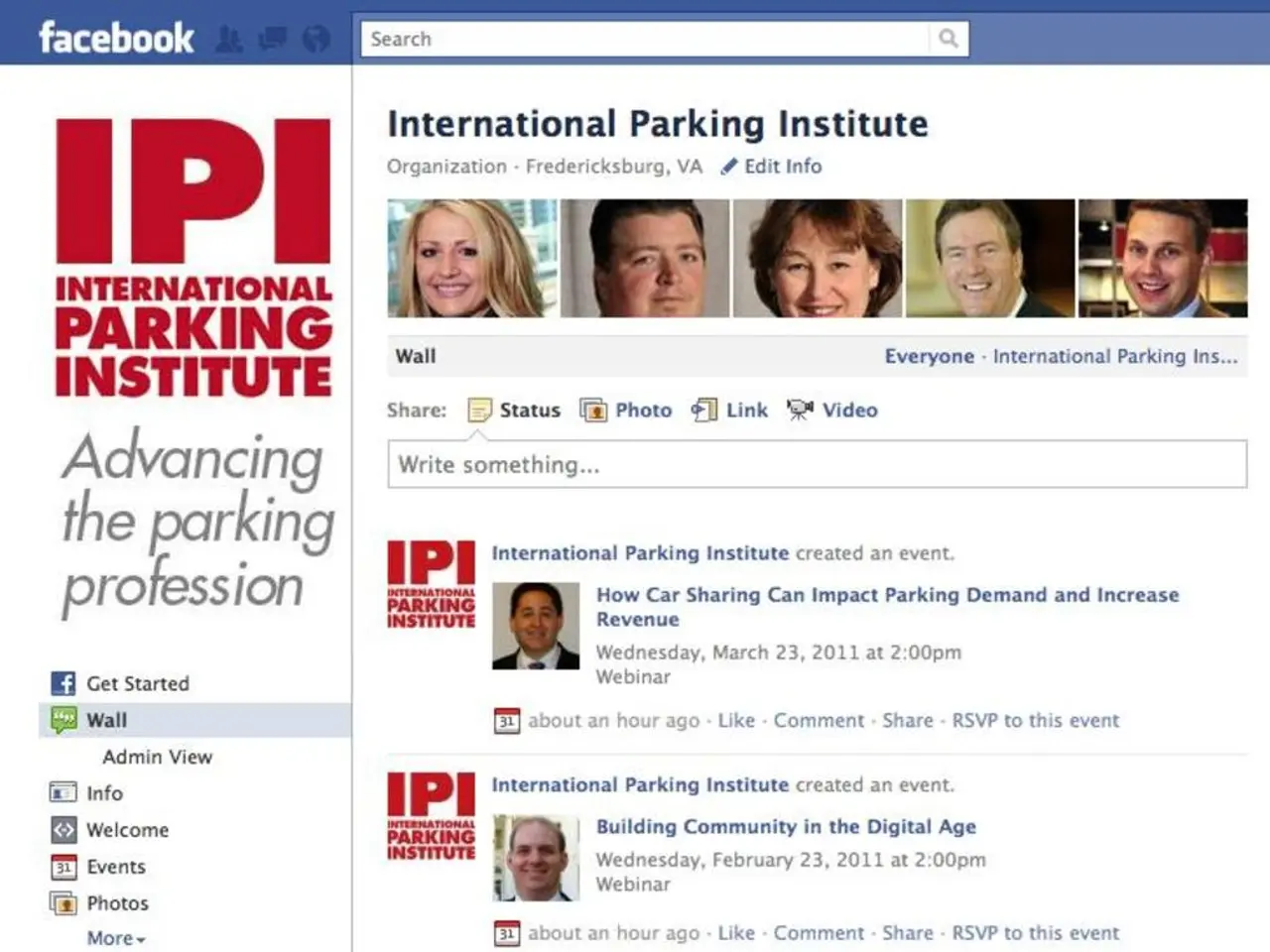Gen Z Job Opportunities Plummet Amidst Talent Shortages
Entry-level opportunities have plummeted by 29 percentage points since January 2024, despite global talent shortages. This decline, coupled with Gen Z's differing priorities and barriers to dream roles, presents challenges for both young workers and employers. Only 12% of Gen Z list employability as a top priority, indicating a mismatch with employers' expectations. Two in five Gen Z talent cite their education and personal background as barriers to their dream roles. Despite this, nearly eight in ten Gen Z workers believe they can learn new skills quickly. However, almost half have been rejected from roles due to perceived skill gaps. Gen Z, as digital natives, actively create their own opportunities and rapidly adopt AI in the workplace. Yet, starting a career in this rapidly changing landscape is challenging due to AI advances, macroeconomic uncertainty, and shifting career pathways. Leaders must address these issues by investing in early-career opportunities, making learning progression-driven, fostering confidence-boosting cultures, and democratizing AI access to unlock Gen Z's potential. With high job mobility within the first five years, Gen Z is eager to grow and adapt. More than half already use AI tools at work, but 46% worry about AI threatening their jobs. To harness Gen Z's potential, leaders must bridge the gap between their aspirations and the reality of the job market.
Read also:
- US, China Reach TikTok Deal: Americans to Control Data, Algorithm
- Lucrative Business Opportunities in Nigeria: Discover Profitable Enterprises Immediately
- Fastned to Open First German Motorway Stations in Q2, CEO Calls for Uniform Guidelines
- India's Minister Calls for Innovative AI Solutions, Eyes Global Leadership








